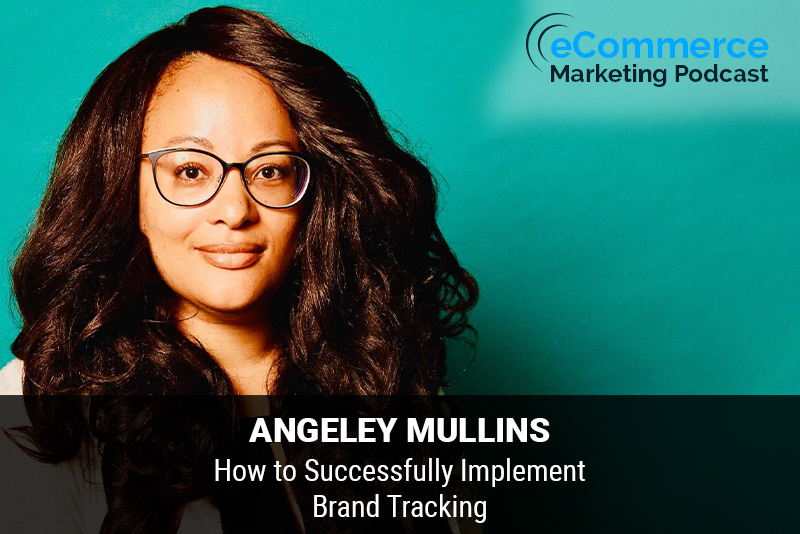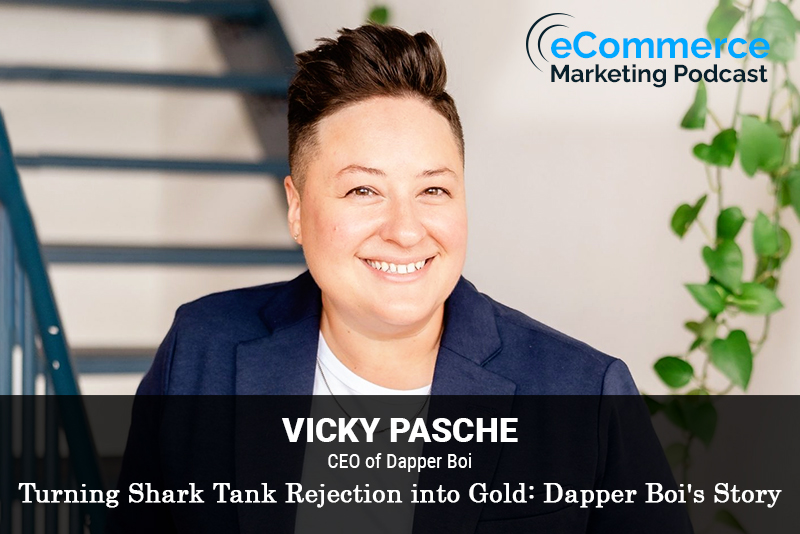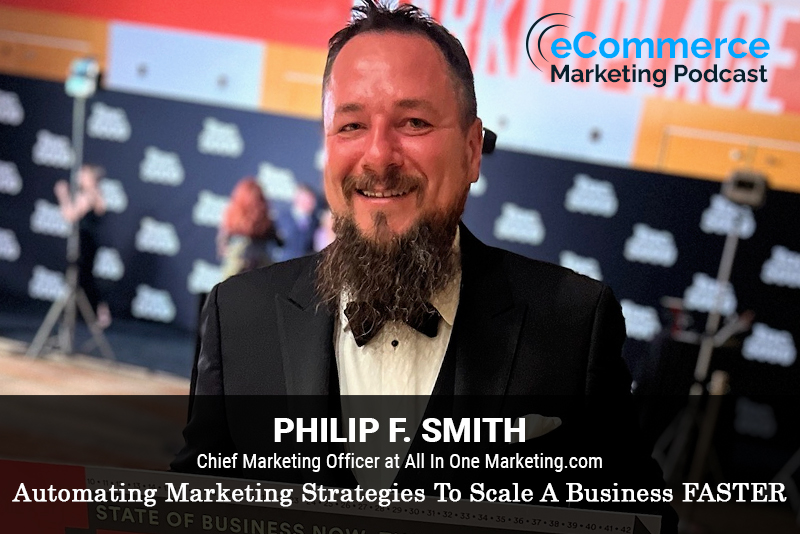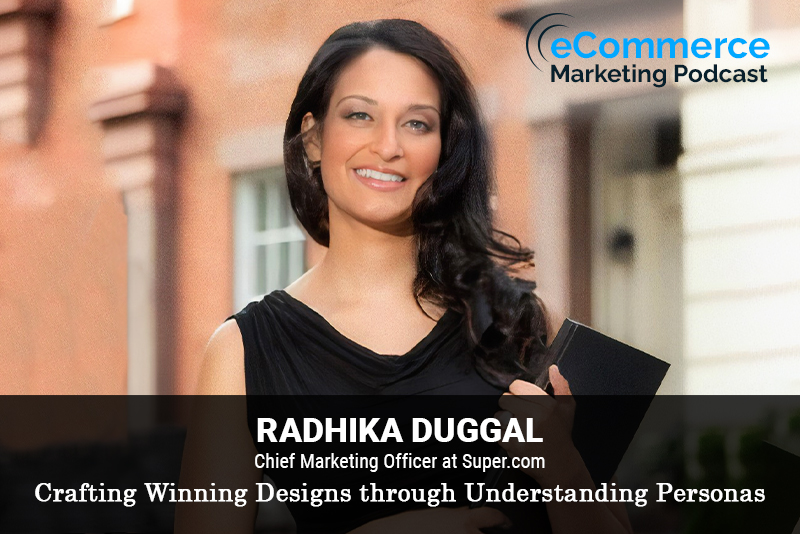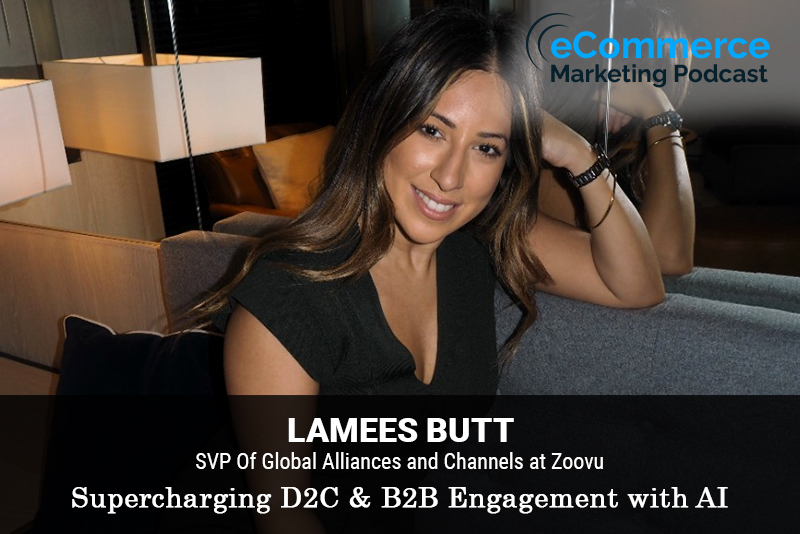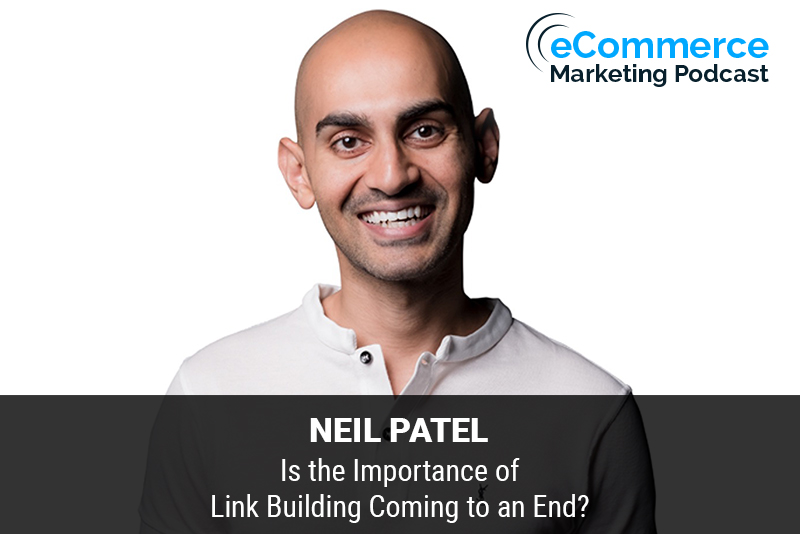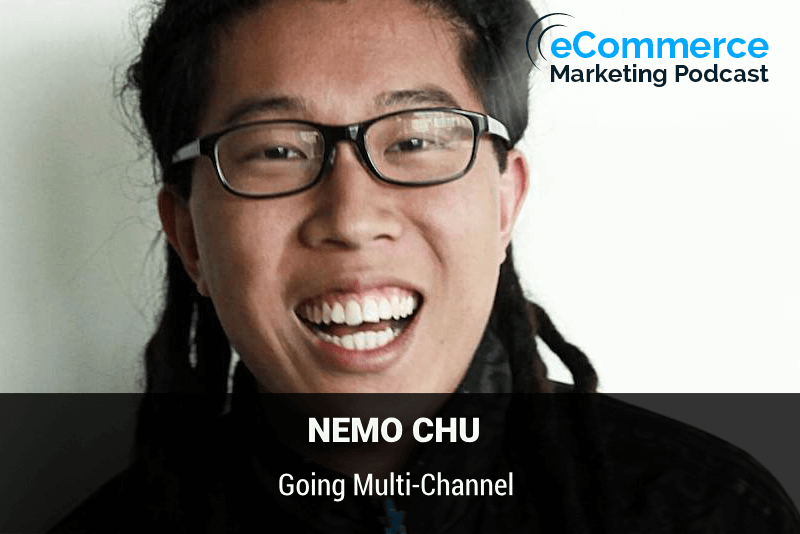
The eCommerce Marketing Podcast walks you through everything that goes into ecommerce marketing — from inbound marketing to paid advertising to conversions. Learn the strategies top marketing experts use to grow their businesses.
Angeley Mullins is the CMO & CGO at Latana, an AI-Powered brand tracking solution, designed to help businesses. Angeley has worked with companies from all over the world. Her experience spans between High Growth Start-Ups, Large Scale Corporations, and NGOs. She has been successful in partnering with CEOs, Founders, & Investors to grow their companies as well as established corporate leaders to expand their organizations into international markets.
In this episode, you will learn
- Why are brands’ knowledge of what their audience thinks of them so important
- Reliable ways for a brand to gather data regarding their online reputation
- Once data is gathered regarding a brand reputation with the online audience what can be done to improve their reputation especially if they have a poor one
- Examples of businesses that have successfully tracked and measured the reputation online and what ways did they use the data to make internal changes
For show transcript and past guests, please visit https://www.ecommercemarketingpodcast.com
Or on YouTube at:
https://www.youtube.com/channel/UC3PgT0NOGzpdPGQtBK0XLIQ
Follow Arlen:
Twitter: https://twitter.com/askarlen
Facebook: https://www.facebook.com/arlen.robinson.7
Instagram: https://www.instagram.com/arlenyohance/
LinkedIn: https://www.linkedin.com/in/arlenrobinson/
Past guests on the ecommerce marketing podcast include Neil Patel, Nemo Chu, Luke Lintz, Luke Carthy, Amber Armstrong, Kris Ruby and many more.
Thanks for listening. Be sure to subscribe and leave a review.

In this episode of the eCommerce Marketing Podcast, host Arlen Robinson talks with Angeley Mullins, the CMO & CGO at Latana, an AI-powered brand tracking solution. Angeley shares her insights on the importance of brand tracking and how eCommerce businesses can effectively monitor and manage their online reputation.
Key Takeaways:
- Introduction to Angeley Mullins (00:00:57)
- Angeley is the CMO & CGO at Latana, specializing in brand tracking to help businesses understand their market perception.
- Background and Experience (00:02:51)
- Angeley discusses her career journey from sales to marketing and growth, highlighting her work with startups, large corporations, and NGOs.
- Importance of Brand Awareness (00:04:21)
- Angeley emphasizes the need for businesses to understand what their customers think about their brand, cautioning against making assumptions without data.
- Gathering Reliable Data (00:09:01)
- Latana uses mobile-optimized surveys to gather data from target audiences, ensuring accuracy and relevancy by using opt-in platforms.
- Tracking Over Time (00:15:22)
- Angeley explains the importance of tracking brand metrics such as awareness, preference, and consideration over time to gain valuable insights and make informed strategic decisions.
- Handling Poor Online Reputation (00:12:40)
- For businesses with regional reputation issues, ongoing tracking and understanding the context of data are crucial for making improvements.
- Case Studies (00:19:27)
- Examples include Headspace and Duolingo, which used Latana’s brand tracking to grow awareness and better understand their target markets.
Bullet Points of Key Takeaways with Timestamps:
- [00:00:57] Introduction to Angeley Mullins and Latana’s role in brand tracking.
- [00:02:51] Angeley’s career background and expertise in marketing and growth.
- [00:04:21] Importance of understanding brand perception and avoiding assumptions.
- [00:09:01] Reliable data collection through mobile-optimized surveys and opt-in platforms.
- [00:15:22] Significance of tracking brand metrics over time for informed decision-making.
- [00:12:40] Strategies for improving online reputation based on gathered data.
- [00:19:27] Success stories of Headspace and Duolingo utilizing brand tracking.
Guest Information:
Angeley Mullins

